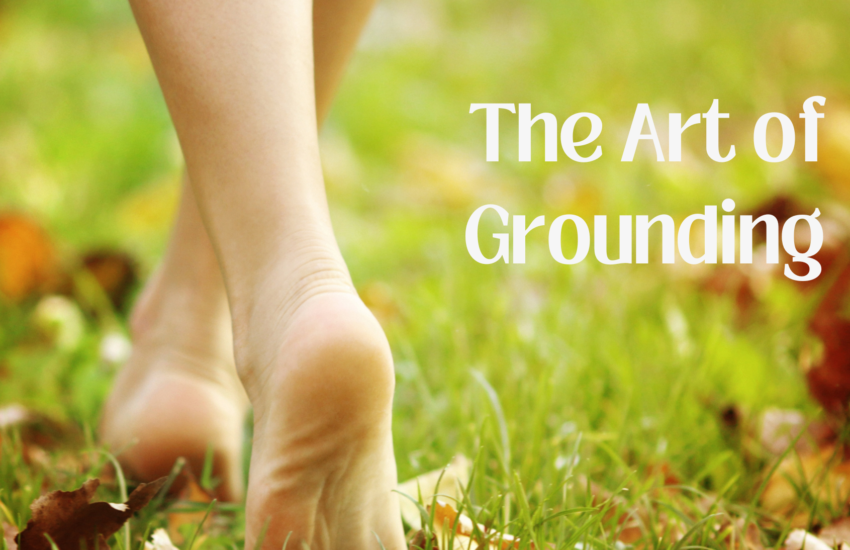Finding the Right Therapist
When I first started having panic attacks, I had some really crappy therapists.
At first, I had a hard time accepting going to therapy. Not only was there a certain stigma attached to it, I didn’t feel like anyone could help me. If I wanted to learn something about anxiety, I could just read a book. If I was just going to sit and talk to someone, why couldn’t I do it with my friends or just journal? The thought of paying someone to be my “friend” was absurd. I had smart friends, why couldn’t they just listen to me and offer advice?
Well, because everyone has an agenda and sometimes as much as your friends want to help you, they can’t.
Maybe they like you being dependent on them. Maybe they don’t truly understand anxiety. Maybe you can’t be completely honest with them because something they do triggers your anxiety. There are a ton of reasons to choose a therapist over friends when dealing with mental health. Plus there’s the whole fact that a therapist is a trained professional. They went to school for it – for a long time. They’re so serious about helping people they have devoted their lives to it.
I had some bad therapists. I’m not going to lie. Some of them I didn’t like the moment I saw them and I didn’t bother coming back. Some I didn’t like initially but decided to give them a shot because I didn’t want to be too judgmental or picky – they were just a therapist after all, not a spouse. There were others I really liked. I stuck with them. They were warm and comforting. But they weren’t a good therapist for me. They didn’t challenge me. I liked them as a person, but they didn’t do me any good as a therapist. And there were others who I have no idea how they made it out of high school let alone graduate school.
It took me five years to finally find a therapist who really understood me.
Don’t stick with a therapist you don’t connect with. It’s a waste of your time and your money. Find someone who really understands panic and anxiety and find someone who really gets you and challenges you. I grew so much in my years of therapy with the right person. The trick is to find the right balance between push and pull. You need to feel understood. You need to feel safe. But they need to help you question your assumptions. They can’t be hesitant to call you on your bullshit or you won’t grow. The growing is painful and uncomfortable but you need to go through it. There’s a delicate balance of pushing you outside of your comfort zone but not pushing you over the edge.
Part of what took so long to find the right person was my refusal to go anywhere outside my comfort zone of a 15-mile radius from my house. That can seriously limit your options. But now with telemedicine technology, you can literally be connected to any therapist in the world from your home. So, if you can’t find someone convenient or local, start looking outside the box.
I can’t underscore just how much the right therapist can help with navigating through anxiety. It’s a complete mind f**k and you need someone who knows what they’re doing. But above all, trust your instincts. You don’t need to like them personally, but it helps. More than anything, you need to respect them. You need to be able to listen to what they have to say and take it as valuable.
My therapist challenged me to drive one place I was uncomfortable going once a week and I would report back to her on how it went. She taught me about intrusive thoughts. She was the one who convinced me to stop watching the news. She taught me about being an empath and being a highly sensitive person. She taught me I was predisposed to anxiety simply because of my personality. But she also taught me it’s not the end of my story. She taught me to be gentle with myself and give myself grace when I was having anxiety. She was the one to repeatedly tell me “You’re not broken.” No one else could have told me that with such conviction because I don’t know if anyone in my life really believed it. I seemed really broken. I felt and often acted unfixable. The people around me loved and supported me, but often supporting me was a form of enabling me. And there were times when I was in the midst of a panic attack and they would just look at me wide-eyed and not know what to do to help me. They were just as lost as I was. Having a professional tell me they had seen worse and that what I was going through wasn’t uncommon validated me in a way my friends and family couldn’t. It wasn’t an immediate fix. It was hard work and I still had panic attacks the whole time I was in therapy. But she encouraged me and gave me tools to deal with my anxiety that I still use today.
SHARE



